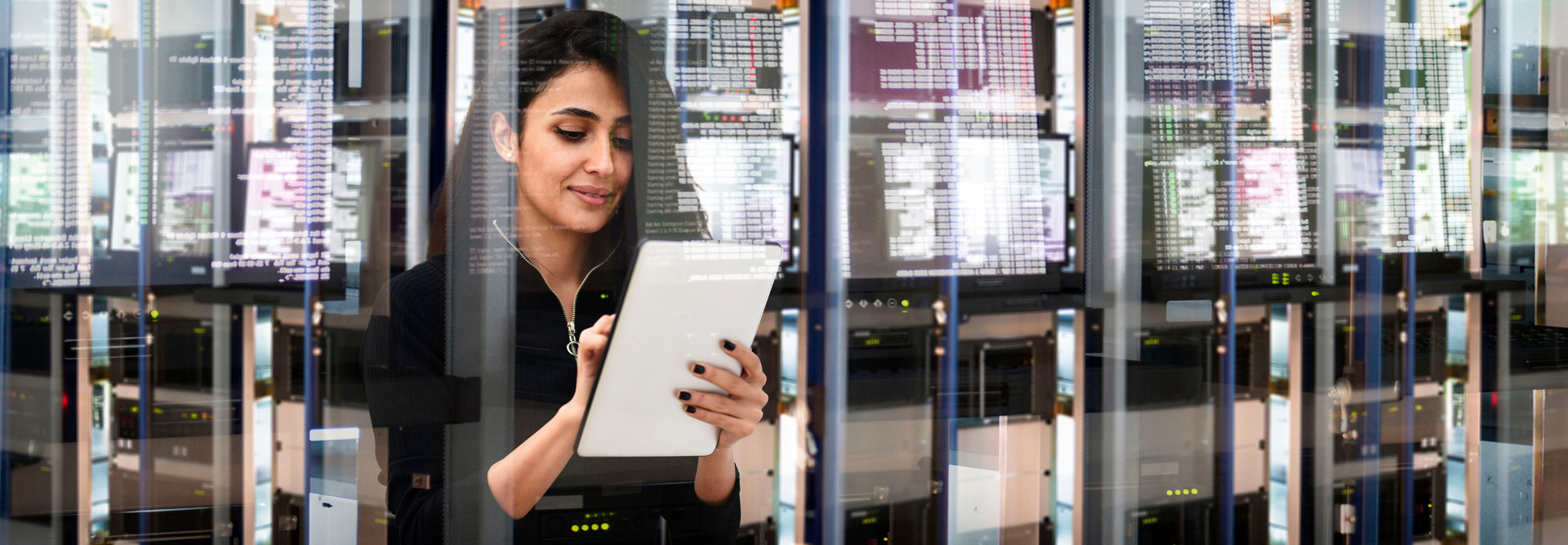As a result, Nadella said, “we witnessed a second wave of digital transformation sweeping every company in every industry” during a period of “the most significant change to our society and economy in modern history,” and most of it is thanks to the cloud.
Still, what’s more important now is how the cloud will evolve over the next decade, and how businesses respond to the opportunities for innovation it delivers. “The true test of technology has always been whether it can help organizations improve their time to value, increase agility and reduce costs,” he said. “As the world recovers, it will require much more from technology, and the cloud in particular, to help us address our greatest challenges.”
Computing Has Reached ‘Peak Centralization’
Nadella argued that five “key attributes” will drive the cloud over the next 10 years These are:
Ubiquitous and decentralized computing. The chief executive said every organization — “small or large, in every industry in every country”— will require more “ubiquitous and decentralized” computing power. Computers will continue to get more powerful, thanks to a combination of advances in manufacturing and materials, leading to “continued exponential growth in compute capacity.”However, Nadella said, the world has reached “peak centralization” with respect to its computing power, meaning that to achieve new advancements, it will have to continue placing more workloads on the cloud and at the edge, finally breaking its reliance on centralized data centers. That, in turn, will lead to new innovations in cloud and edge computing. “As computing becomes embedded everywhere in our world, transforming how we interact with people, places and things, and as our physical and digital worlds converge, we will require more sovereignty and decentralized control,” he said. “Cloud and edge computing will evolve to meet all these real-world needs.”
Sovereign data and ambient intelligence. Data has become the new currency of business, and it will continue to explode in volume, variety and velocity. That will require organizations to place even more emphasis on privacy and governance, which will need to be supported by ever-smarter artificial intelligence. “We will develop new methods of machine learning to drive the next generation of personalized yet privacy-preserving services,” he said. “Businesses logic will move from being code that’s written to code that’s learned from data, creating a completely new generation of business process and productivity systems.” He predicted that AI will play a critical role in solving every problem the world faces, from climate to change to personalized medicine.











